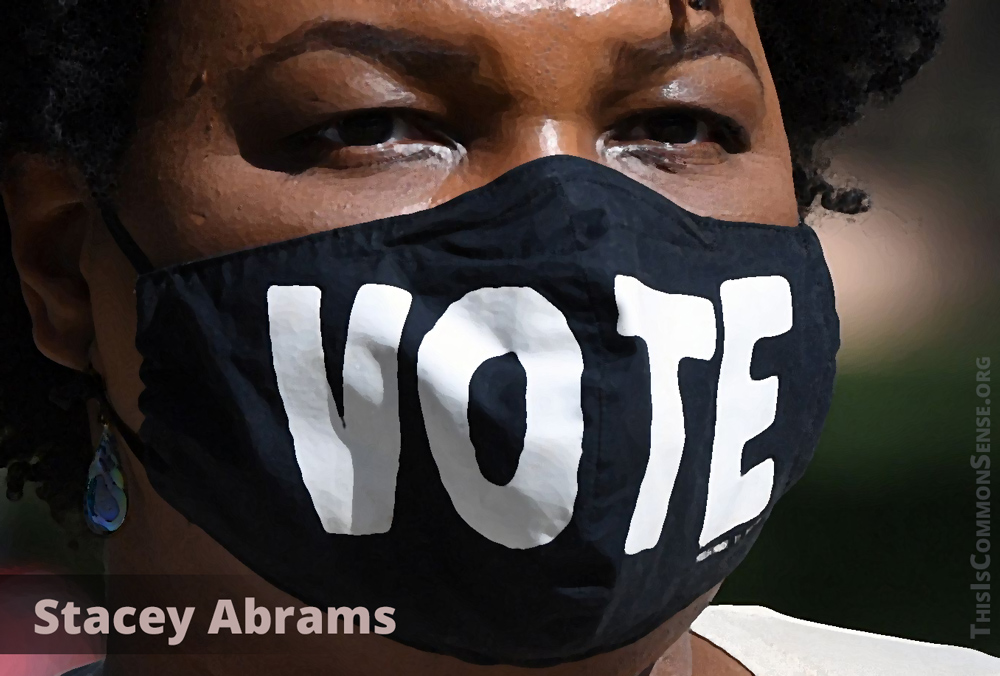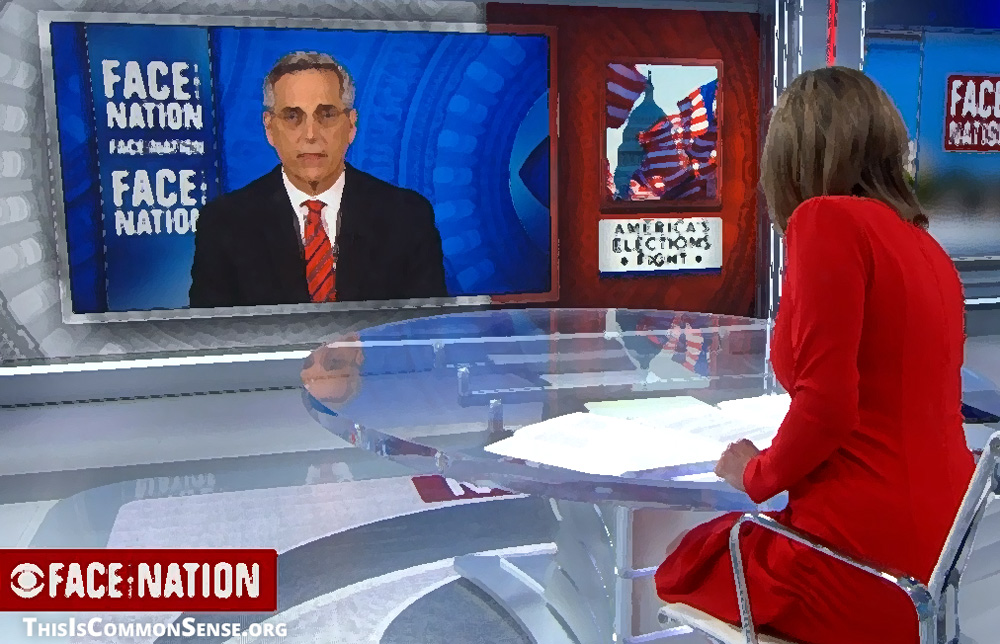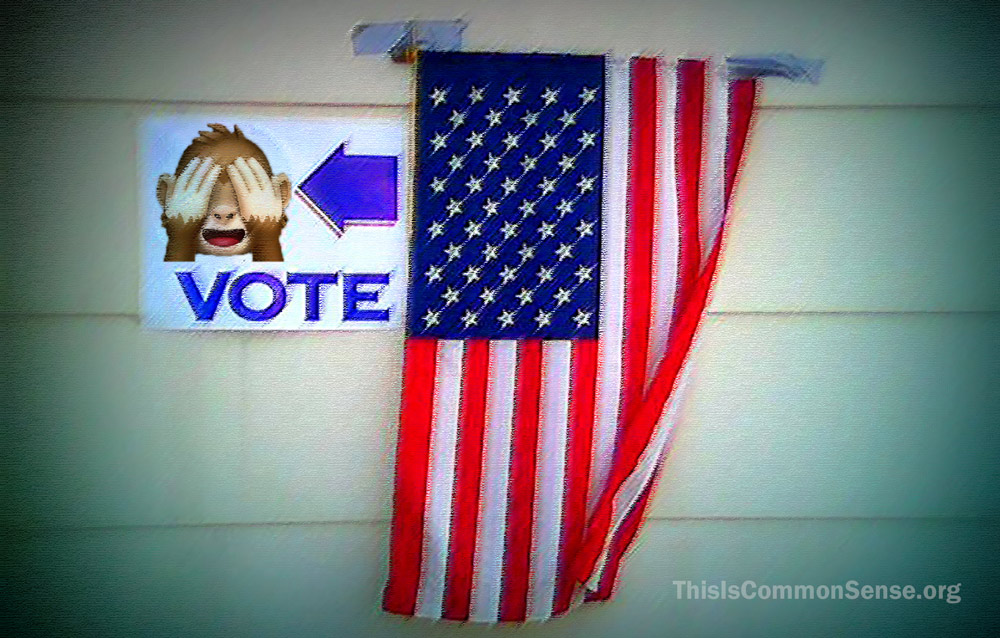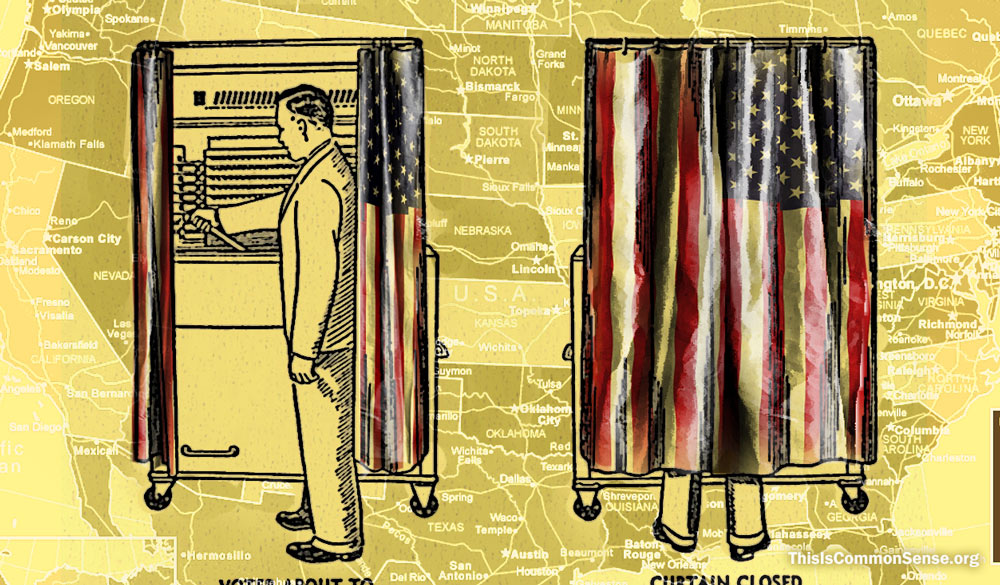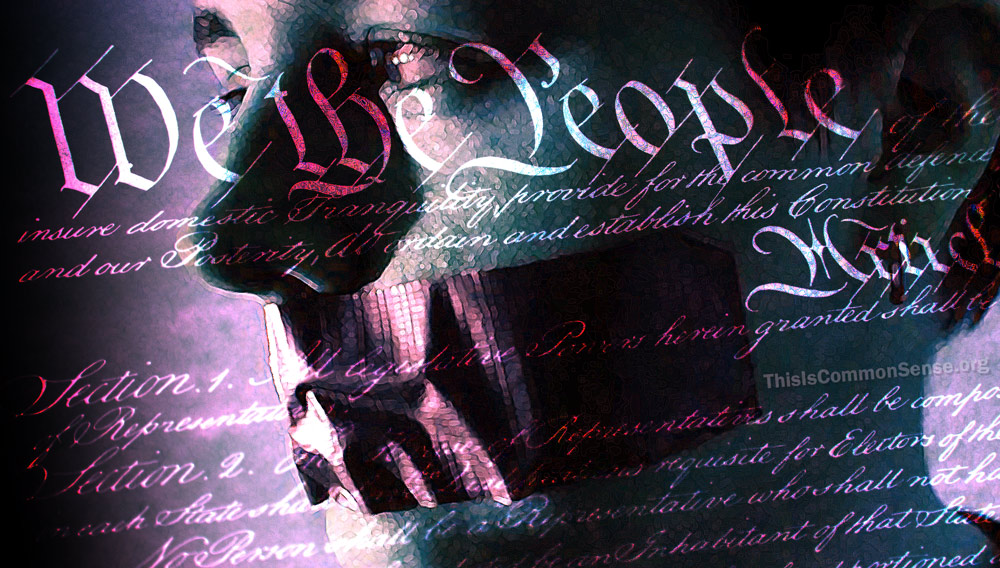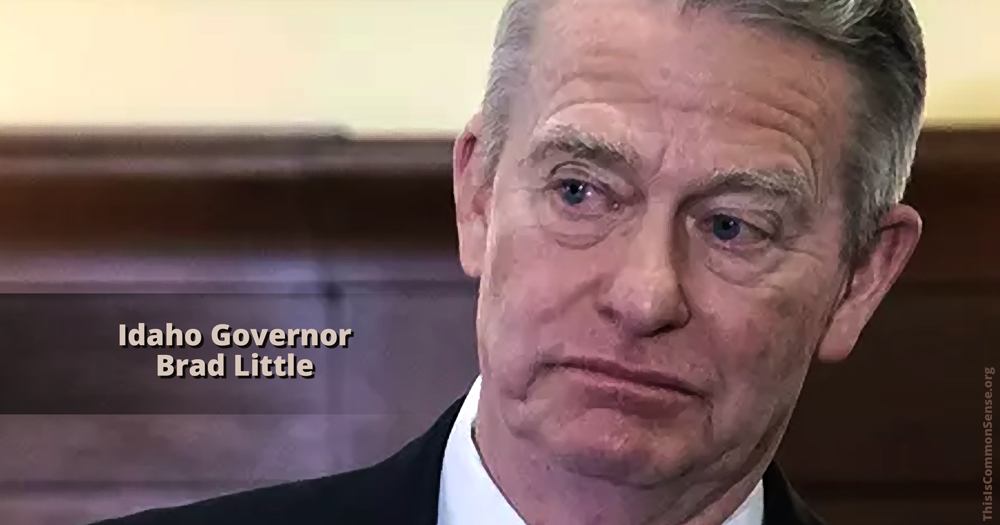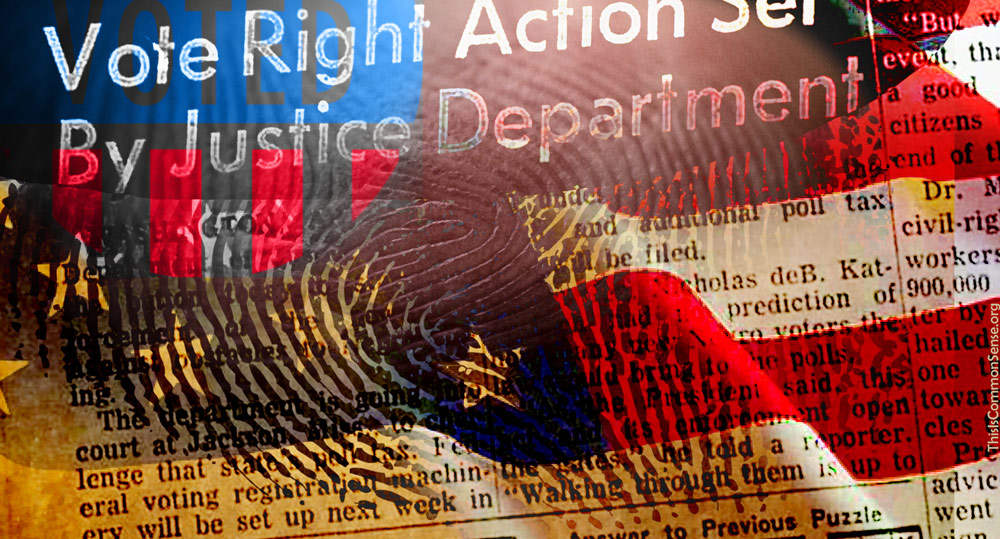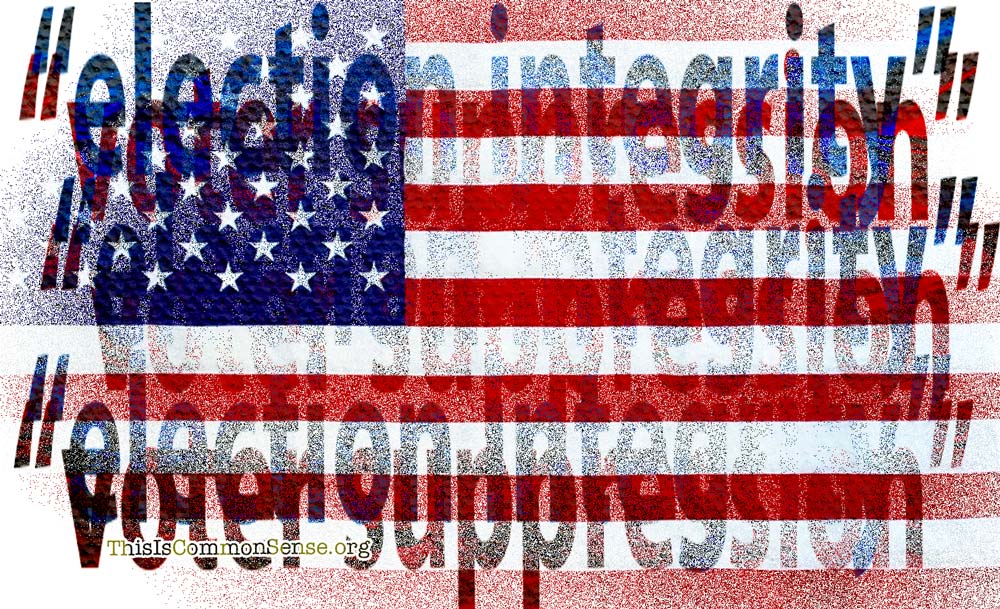“[R]ight now,” Georgia Secretary of State Brad Raffensperger expressed to Margaret Brennan, host of CBS’s Face the Nation, last Sunday, “we need to restore trust wherever we can.”
Having “stood up to” pressure from President Trump after the 2020 election, and now persona-non-grata in his own party, Raffensperger has become a popular guest on progressives’ legacy media … though, not always providing the soundbites they crave.
“In Georgia, we’ve been fighting this — this theme of, you know, stolen election claims — from Stacey Abrams about voter suppression [in 2018], and then 2020 it was about voter fraud,” explained the secretary.
“Both of them undermine voter trust.”
“They may both undermine voter trust,” Brennan quickly countered, “but I’m sure you draw a distinction between someone who doesn’t hold any kind of office and the president of the United States actively putting pressure on you to find and manufacture votes. They’re not equivalent,” she added.
Raffensperger acknowledged that the president’s “positional power is just much higher than a candidate running for governor. But be that as it may,” he continued, “when people lose races, I think the proper thing to do is admit that you lose. And if you want to run again, by all means do so.”
Partisans will debate whether Abrams’ claims of voter suppression are more right or wrong, defensible or incredible, honest or dishonest than Trump’s charges of vote fraud. But both have been blindly accepted not only by their own political side, but by the rah-rah crowd in the respective partisan corners — er, halves — of the media as well.
Leaving other elected officials to grab their midnight trains to somewhere else, the lonely Georgia Secretary of State stands his ground, making a non-partisan, principled point.
This is Common Sense. I’m Paul Jacob.
See all recent commentary
(simplified and organized)
See recent popular posts
